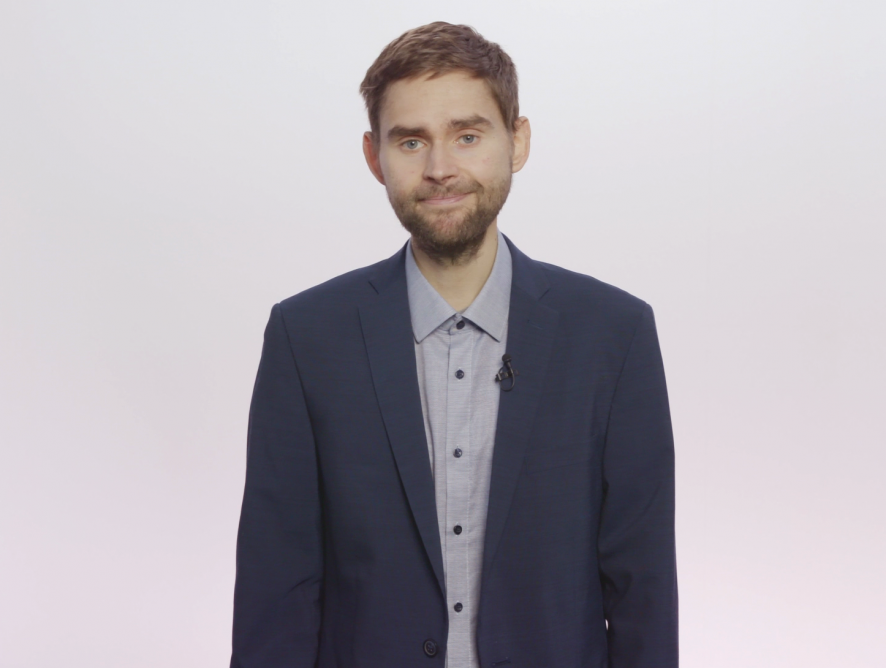China’s Aid to Africa: A New Alternative to Traditional Donors?
We are excited to present Lennart Kaplan as part of our CeMEAS Conversations.
Lennart Kaplan discusses his latest research on China’s development aid in African countries. He debates China’s development approach and discusses possible implications for traditional donors and receiving countries.
00:05 – 1. China constantly increases its range of development projects in Africa. What are major concerns within this intensely debated developmental process?
02:33 – 2. What are the differences between the Western development approach and the Chinese development approach? Can you give us some specific examples?
05:46 – 3. Why is Chinese aid more often associated with government repression and increased acceptance of authoritarian norms? Can you give us some examples?
08:46 – 4. How can better cooperation between Western donors and China promote recipients stability and welfare?
11:16 – 5. What are future challenges in the research of developmental aid and stability?
Lennart Kaplan is a postdoctoral researcher at the Chair of Development Economics of Prof. Dr. Andreas Fuchs. He is also an associated researcher at the Deutsches Institut für Entwicklungspolitik in Bonn. From 2009 to 2014 Dr. Kaplan studied Economics in Göttingen, Warsaw and Groningen and became subsequently a member of the research training group Globalization and Development (RTG 1723) in Göttingen. In the framework of the RTG, Dr. Kaplan worked from 2015 to 2018 as a research assistant at the universities of Heidelberg and Göttingen under the supervision of Prof. Dr. Axel Dreher and wrote his dissertation with the title “Perils and Promises of Globalization.”
After his dissertation Lennart Kaplan worked from 2018 to 2019 as a researcher at the Deutsches Institut für Entwicklungspolitik. In addition to working as a consultant for the World Bank, he collected practical experience at the European Parliament in Brussels and at the Institute for the World Economy (IfW) in Kiel.
Dr. Kaplan’s research interests comprise international trade, impact evaluation, the political economy of development cooperation (including emerging private and public donors) as well as global health. His work has been published in the Review of International Economics and BMJ Open.

